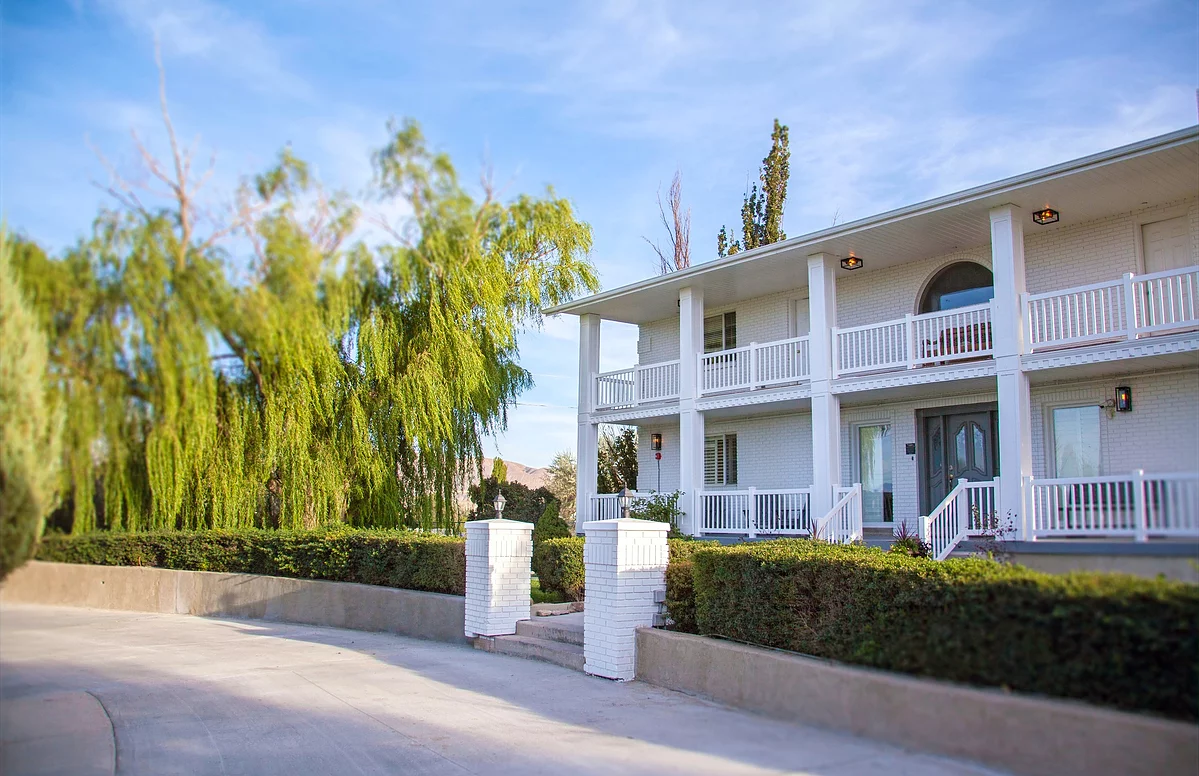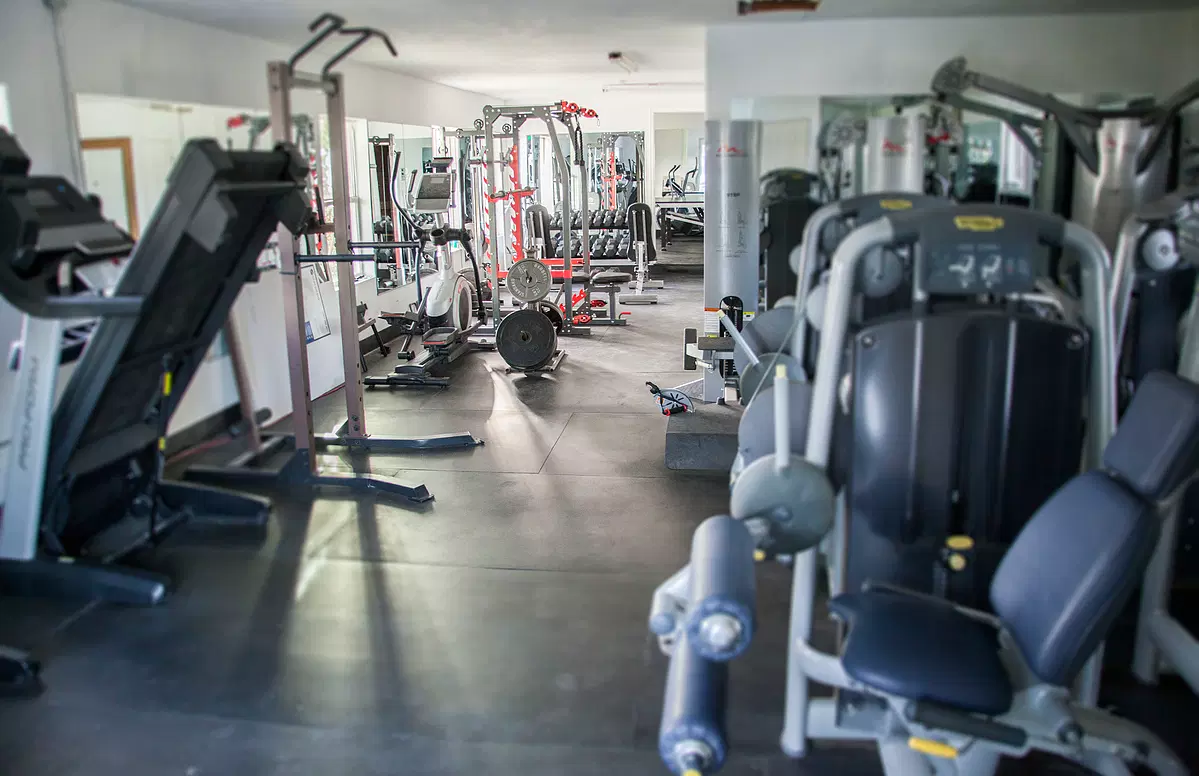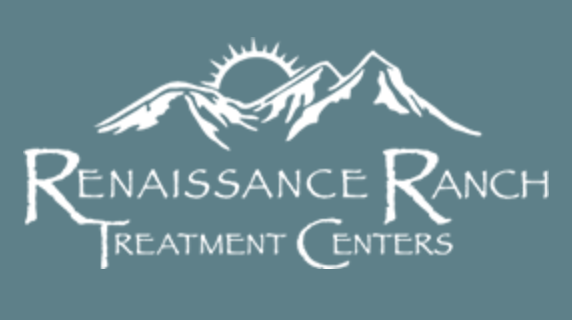Overview
Renaissance Ranch, situated in Heyburn, Idaho, provides specialized treatment for alcoholism and drug abuse, providing programs tailored to the individual requirements of men and women. The facility offers a comprehensive and spiritually encouraging atmosphere for recovery by incorporating a faith-based strategy based in the 12 Steps program.
A wide range of treatments, such as detoxification, residential treatment, an Intensive Outpatient Program (IOP), and a Partial Hospitalization Program (PHP), are available at Renaissance Ranch. To address the root causes of addiction and promote long-term recovery, these programs use evidence-based treatment methods including Eye Movement Desensitization and Reprocessing (EMDR) trauma therapy and Cognitive Behavioral Therapy (CBT).
The women's residential program is an intense 60-day treatment regimen that incorporates physical exercises along with a variety of therapeutic modalities. In addition to participating in outdoor activities like swimming and hiking, participants have access to a gym, which supports both physical and mental healing.
Renaissance Ranch emphasizes family involvement in the recovery process in addition to individual treatment. Free online family education sessions are part of the facility's family program, which aims to inform and support loved ones and create a network of support that goes beyond the course of treatment. This all-encompassing strategy guarantees that patients and their families have the resources and information required for long-term healing.
Renowned for its exceptional care in treating alcoholism and substance use disorders, Renaissance Ranch, situated in Heyburn, Idaho, has been accredited by the Commission on Accreditation of Rehabilitation Facilities (CARF).
Renaissance Ranch - Idaho at a Glance
Payment Options
- Cash or self-payment
- Private health insurance
Assessments
- Comprehensive substance use assessment
Age Groups
- Adults
Operation
- Private for-profit organization
Accreditations
Commission on Accreditation of Rehabilitation Facilities (CARF):

CARF accreditation is a prestigious recognition for organizations in rehabilitation and human services. It signifies that an organization meets rigorous quality standards and is committed to providing top-notch care. Achieving CARF accreditation involves a thorough evaluation process, including on-site surveys, to ensure excellence in programs and services. This accreditation boosts an organization's credibility, assures clients and funders of quality, and promotes ongoing improvement in the field of rehabilitation and human services.
LegitScript:

Only after successfully completing a rigorous application process, programs and services achieve LegitScript certification. This process, which commenced in 2018, aims to qualify only reputable providers of mental health and co-occurring substance abuse treatment for inclusion on Google's network while ensuring compliance with HIPAA privacy laws.
Treatment At Renaissance Ranch - Idaho

Conditions Treated
Alcoholism:
Alcohol addiction is when a person becomes physically and mentally dependent on alcohol, leading to mood swings, impulsive actions, intense cravings, and withdrawal symptoms. Treatment includes supervised detox, therapy, and support groups. It's important to note that rehabilitation doesn't "cure" alcoholism, but it helps individuals better manage their addiction, regain their ability to function in daily life, and improve their overall well-being.
Substance use treatment:
Substance use rehabilitation is a structured program aimed at assisting individuals in overcoming their dependencies on drugs or alcohol. Through a combination of medical detoxification, counseling, and various therapeutic approaches, these programs strive to address the physical and psychological aspects of addiction. The goal is to equip individuals with the knowledge, skills, and support necessary to attain lasting sobriety, while also working to identify and address the underlying issues contributing to substance misuse. By fostering a supportive environment, substance use rehabilitation centers provide a pathway towards a healthier, substance-free life.
Opioid Treatement:
Opioid addiction rehabilitation is a specialized treatment process tailored to address the unique challenges and complexities of opioid dependence, including drugs like heroin and prescriptions like oxycodone. The process typically begins with a medical detox to ease withdrawal symptoms, followed by therapeutic interventions to address the root causes of addiction. This holistic approach aims to provide individuals with the skills and support needed for long-term recovery from opioid use.

Levels Of Care
Hospital inpatient treatment:
Residential treatment programs provide housing, meals, and substance abuse treatment, offering patients an environment dedicated entirely to their recovery, distinct from their everyday life. While some rehab facilities concentrate on short-term stays lasting a few days to a couple of weeks, others emphasize long-term care spanning several weeks to months. Many centers offer both, customizing the treatment based on each patient's unique needs.
Partial Hospitalization Program:
A Partial Hospitalization Program (PHP) is an intensive, structured rehabilitation service designed for individuals exhibiting acute symptoms that demand significant intervention but not continuous 24-hour care. Typically spanning 3-5 days a week and lasting from 1 to 6 months, these sessions run for approximately 6 hours a day, focusing on activities like individual and group therapy. Some PHPs provide residential accommodations for overnight stays, while others are non-residential, allowing participants to go home at the end of the day.
Intensive outpatient treatment:
Intensive outpatient (IOP) supports clients in maintaining their sobriety by providing tailored, high-quality care that adapts to their changing requirements. Clients participate in numerous weekly treatment sessions, generally receiving between nine to twenty hours of outpatient care. As clients achieve stability, the treatment frequency and intensity gradually diminish. Many intensive outpatient rehabilitation centers offer a range of services, including addiction counseling, training in life skills essential for recovery, and medication-assisted treatment (MAT). Additionally, evidence-based complementary therapies are frequently integrated into the program.

Treatment Modalities
Cognitive Behavioral Therapy:
Cognitive Behavioral Therapy (CBT) is a therapeutic approach that emphasizes the interconnectedness of thoughts, emotions, and actions. It promotes healthy reactions to thoughts and emotions, steering individuals away from harmful responses such as substance abuse. Proven effective for various addiction recoveries, CBT enhances an individual's self-awareness and self-control. Through CBT, individuals learn to better gauge their emotional well-being, communicate more effectively, and handle stress without resorting to drugs or alcohol.
Experiential Therapy:
Experiential therapy is a therapeutic approach that encourages patients to identify and address hidden or subconscious issues through activities, interactions, and role-playing. Instead of focusing solely on talking, therapists use experiential techniques to help clients relive past traumas, express emotions, and gain insights into their behaviors. The aim is to foster personal growth and enhance self-awareness by immersing individuals in experiences that can lead to a deeper understanding of themselves and their relationships.
Eye Movement Desensitization and Reprocessing therapy:
Eye Movement Desensitization and Reprocessing (EMDR) Therapy is a psychotherapeutic approach designed primarily to treat trauma and post-traumatic stress disorder (PTSD). It involves the patient recalling traumatic events while undergoing bilateral sensory input, typically guided eye movements. EMDR aims to facilitate processing distressing memories, reducing their long-term impact, and helping individuals develop more adaptive coping mechanisms.
Family counseling:
Family Counseling is a therapeutic approach that seeks to address and resolve conflicts, improve communication, and strengthen relationships within the family unit. By providing a safe space for family members to express their feelings and concerns, a trained counselor facilitates understanding and collaboration among members, promoting healthier dynamics and enhancing overall family well-being.
Life Skills:
Life skills training equips individuals with essential competencies, such as time management, career planning, financial literacy, and effective communication, to navigate the challenges of daily life. These skills are foundational to achieving not just sobriety but a thriving, fulfilling life post-addiction. Such training lays the groundwork for sustainable success and long-term recovery.
Motivational Interviewing:
Motivational Interviewing (MI) in addiction treatment is a client-centered counseling approach designed to enhance an individual's intrinsic motivation to change. By addressing ambivalence and tapping into personal values, MI fosters meaningful conversations about substance use and promotes commitment to recovery-focused goals.
Trauma-related counseling:
Trauma therapy delves into past traumatic events that might be influencing a client's current life experiences. Often, trauma serves as a significant precipitant or underlying cause of addiction. Such traumas can arise from childhood sexual abuse, domestic violence, growing up with a mentally ill parent, early parental loss, and experiences of sexual assault in teen or adult years, among other circumstances. Trauma therapy aims to aid the individual in processing and navigating beyond these traumas, guided by the expertise and empathy of skilled mental health specialists.
Religious Programs:
Religious programs in rehab integrate spiritual principles and practices with traditional rehabilitation methods to offer holistic healing and recovery. These programs cater to individuals who seek solace in their faith and believe that spiritual growth can significantly complement their journey to sobriety. By incorporating prayer, meditation, religious teachings, and fellowship, these programs aim to strengthen one's spiritual foundation while addressing addiction's physical and psychological challenges. Whether rooted in Christianity, Islam, Judaism, Buddhism, or other faiths, religious programs provide an avenue for deeper introspection, community support, and a renewed sense of purpose.
Individual psychotherapy:
Individual Psychotherapy is a personalized therapeutic approach aimed at aiding individuals in overcoming addiction and its underlying psychological triggers. A licensed therapist works closely with the individual through one-on-one sessions to unearth and address personal challenges, emotional issues, and behavioral patterns contributing to their substance abuse. Individual psychotherapy lays a robust foundation for a sustainable recovery and a better quality of life by fostering self-awareness, coping strategies, and healthier behavioral responses.
Ancillary Services
Special Programs
- Clients who have experienced trauma
Contact Information
DISCLAIMER: The facility name, logo and brand are the property and registered trademarks of Renaissance Ranch - Idaho, and are being used for identification and informational purposes only. Use of these names, logos and brands shall not imply endorsement. BetterAddictionCare.com is not affiliated with or sponsored by Renaissance Ranch - Idaho.




